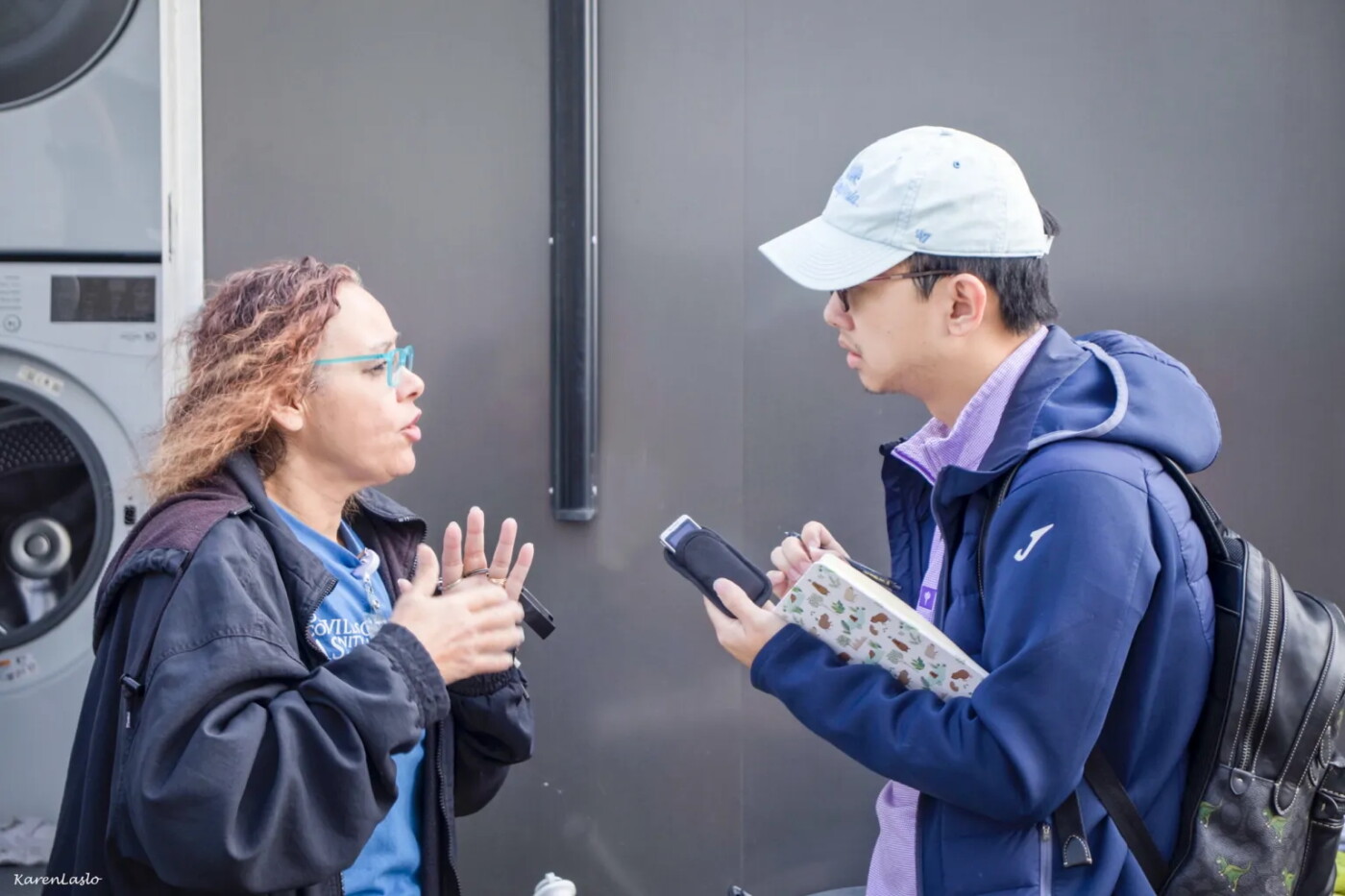CALIFORNIA’S LOCAL NEWSROOMS got attention at the state Capitol this week, when the Senate Budget Committee, chaired by Sen. John Laird, D-Santa Cruz, heard arguments for sustaining the California Local News Fellowship.
Administered from UC Berkeley’s Graduate School of Journalism, the fellowship program provides money for news outlets to hire and place reporters in local communities.
There is a proposal within the state Legislature to provide $15 million to continue the program for two additional years. It has already placed 75 journalists in 70 newsrooms on two-year contracts.
The California Local News Fellowship was spearheaded in 2022 by then-state Sen. Steve Glazer, D-Orinda, using $25 million with support from the Legislature.
“The local news community is in crisis,” Glazer said at Wednesday’s committee meeting. “There’s been enormous layoffs throughout the state over the last 25 years. The Los Angeles Times has laid off half their newsroom in the last three years, over 200 reporters.”
Sen. Sasha Renee Perez, D-Pasadena, expressed concern over the value of the program given the imperative by the Legislature to make major cuts across the board, including to the University of California and California State University systems.
In last year’s legislative session, two bills to support local newsrooms were shelved when a private settlement was made between Google, Assemblymember Buffy Wicks, who sponsored one of the bills, and Gov. Gavin Newsom’s office. In that deal, Google would contribute $15 million to a state journalism fund for its first year and the state of California would add $30 million.
Last week, Gov. Gavin Newsom proposed slashing the state portion of the Google deal to $10 million in his efforts to address a $12 billion state budget deficit.
Laird described the Google deal as “stressed right now,” but emphasized that the original 2022 fellowship allocation was a priority for the Legislature. Glazer argued that the Legislature should still have a vested interest in supporting the program.
“Most of the decisions that you make as senators comes from learning about problems in your community, problems of unfairness, injustice, problems of corruption,” Glazer said, emphasizing that local news is the enterprise that is talking to constituents to see how things are working or not.

“Almost 250 years ago, our founders determined that an independent press was integral to what a democracy was all about. And they lit a torch for the importance of the free press to having an educated electorate,” he said.
Laird added that he has been interviewed in his district by a fellow of this program.
“The added breadth to that local outlet was really amazing, and I think one of the difficult things, as newsrooms retrench across the state, is there are less and less opportunities for those breaking in to get the experience and move up. That’s, in many ways, what this program does.”
The first cohort of local journalists were hired on full-time salaries with benefits in 2023 and placed in vetted local outlets, including those serving non-English speaking populations and in news deserts. A second cohort was placed last year. This year, the final cohort will start work in September, with the program phasing out by 2027. Just around the Bay Area, local news fellows can be found at Bay City News, San Jose Spotlight, the San Francisco Public Press and The Contra Costa Pulse.
Supportive public comments were heard by representatives from local outlets including Slavic Sacramento, India Currents, El Timpano, and American Community Media, a nonprofit consortium of outlets serving the Asian community with over 380 news outlets in California.
Martin Reynolds, co-director of the Maynard Institute for Journalism Education, said in an email that the fellowship program will lay the ground for what’s needed. The Maynard Institute is a nonprofit organization that trains journalists to become reporters, editors and media entrepreneurs, and it hopes to offer a fellowship for editors as part of the same program.
“It’s exactly what’s needed as the impact of these cuts looms,” Reynolds said. “Frankly, I’d assert that not doing this is the real risk.”
Legislators have until midnight on June 1 to pass the budget bill for the next fiscal year.
The post State committee considers $15M funding to extend California Local News Fellowship appeared first on Local News Matters.
